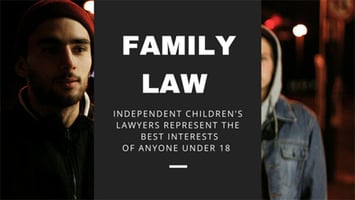From Family Law to High Court: How Social Media is Changing the Legal Landscape | CM Law Blog
It's not a surprising thought that probably everyone in Sydney's inner west is on social media, whether it's Facebook, Twitter, Tumblr, Instagram, or some other platform. However, there are a number of family law professionals who work in the area, too. Should they also be on social media?
It's a fact that social media is here to stay. There's nothing you can do about that, but should social media be getting involved with the courts? Well, it's happening whether you like it or not. In America, 46% of judges uses Facebook and Twitter, so we can only assume that the number in Australia is similar. It all depends on the material and how they handle it.
Cases, including those involving family law, can be compromised or thrown out if it is found that there has been communication between parties who shouldn't via social media, or someone reveals court details over the web. Though, there is some leeway, for example a judge may warn a defendant about their actions and let them know it is unacceptable if it happens again. So what should be going up on social media about court proceedings?
Well, the Victorian Supreme Court has used social media to cleverly make it easier for the media to get the facts quickly, and most importantly, correctly. Their Twitter account lets you listen to the sentencing of someone convicted of a crime, and it also updates you on things like trials about to start or a jury coming back.
But it's not just the courts tweeting and updating - people who are involved with a court case can often trip themselves up by engaging in social media. It's not uncommon to say one thing in court and then to completely flip and say the opposite on Facebook. When this happens things get very tricky and it often leads to cross-examination.
The other thing that can happen is one party can bully or attack the other party involved in the case. Often details of the court proceedings will be revealed, like names, and if this happens in a Family Law case, it falls under section 121 of the Family Law Act that forbids identifying someone involved in a case before the court.
Social media can be a wonderful tool when it comes to the courts, but it is also very easy to get into trouble with it.
What are your thoughts? Do you think the social media bloom has changed the legal landscape? What implications do you think it may have for the future?



